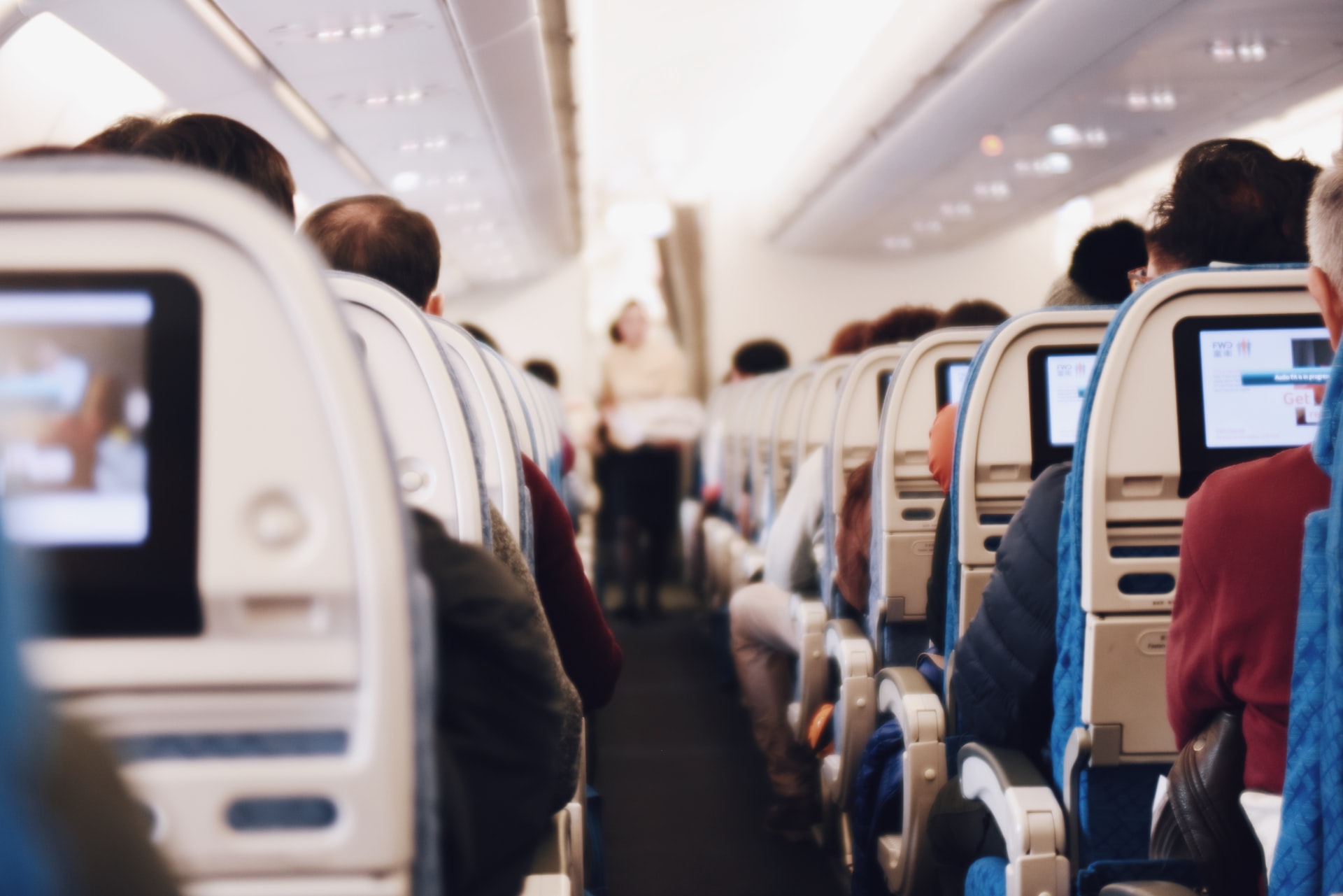
Ever wondered what you can and can't do on a plane? Airline travel policies can be confusing, but knowing the rules can make your journey smoother. Did you know that some airlines allow pets in the cabin while others don't? Or that certain items, like liquids, have strict limits? Understanding these policies can save you time and hassle at the airport. From baggage fees to in-flight services, each airline has its own set of rules. Whether you're a frequent flyer or planning your first trip, being informed is key. Let's dive into 16 essential facts about airline travel policies that every traveler should know.
Key Takeaways:
- Pack smart to avoid extra fees. Check baggage rules and dimensions before flying to save time and money on checked and carry-on bags.
- Choose your seat wisely. Consider advance seat selection and upgrades for a more comfortable and enjoyable flight experience.
Baggage Allowances
Understanding baggage policies can save time and money. Here are some key facts about what you can bring on board.
-
Carry-On Limits: Most airlines allow one carry-on bag and one personal item, like a purse or laptop bag. Dimensions and weight limits vary, so check your airline's rules before packing.
-
Checked Baggage Fees: Many airlines charge for checked bags. Fees can range from $25 to $50 for the first bag, with higher fees for additional bags. Some airlines offer free checked bags for premium ticket holders or loyalty program members.
-
Oversized and Overweight Bags: Bags exceeding size or weight limits incur extra fees. These can be substantial, sometimes costing more than the ticket itself. Weigh and measure your bags to avoid surprises.
Seat Selection
Choosing the right seat can make a big difference in comfort during your flight. Here are some facts about seat selection policies.
-
Advance Seat Selection: Many airlines allow passengers to choose seats when booking. Some charge extra for this service, especially for preferred seats like those with extra legroom.
-
Seat Upgrades: Upgrading to premium economy, business, or first class can be done at booking or later. Upgrades often come with additional perks like more legroom, better meals, and priority boarding.
-
Family Seating: Airlines try to seat families together, but it's not guaranteed unless you pay for seat selection. Booking early increases the chances of sitting together.
In-Flight Services
Airlines offer various services to make your flight more enjoyable. Here are some facts about what you can expect.
-
Meal Options: On long-haul flights, meals are usually included. Shorter flights may offer snacks or meals for purchase. Special dietary meals can be requested in advance.
-
Entertainment Systems: Many airlines provide in-flight entertainment systems with movies, TV shows, and games. Some offer Wi-Fi for a fee, allowing you to stay connected during the flight.
-
Comfort Items: Blankets, pillows, and headphones are often available on long flights. Some airlines provide these for free, while others charge a fee.
Boarding Procedures
Boarding can be a hectic process. Knowing the facts can help you board smoothly.
-
Boarding Groups: Airlines board passengers in groups based on ticket type, loyalty status, and seat location. Listen for your group number to avoid crowding the gate area.
-
Priority Boarding: Passengers with premium tickets, loyalty status, or special needs often board first. Some airlines sell priority boarding as an add-on service.
-
Gate-Checked Bags: If overhead bins fill up, airlines may gate-check carry-on bags for free. This means you'll pick up your bag at baggage claim after landing.
Cancellation and Change Policies
Plans can change, and knowing your options can save you money and stress. Here are some facts about cancellation and change policies.
-
24-Hour Rule: U.S. airlines must allow free cancellations within 24 hours of booking if the flight is at least seven days away. This rule gives you a grace period to finalize plans.
-
Change Fees: Many airlines charge fees to change flights, ranging from $50 to $200. Some airlines have eliminated change fees for certain ticket types, especially during the pandemic.
-
Refundable vs. Non-Refundable Tickets: Refundable tickets cost more but offer flexibility. Non-refundable tickets are cheaper but come with strict change and cancellation policies.
Frequent Flyer Programs
Loyalty programs can offer significant benefits for frequent travelers. Here are some facts about how they work.
- Earning Miles: You earn miles based on the distance flown, ticket price, or a combination of both. Miles can be redeemed for free flights, upgrades, and other rewards. Joining a frequent flyer program is usually free and can lead to valuable perks.
Final Thoughts on Airline Travel Policies
Airline travel policies can be a maze, but knowing key facts helps. From baggage fees to pet travel, each airline has its own rules. Understanding these can save time, money, and stress. Always check your airline's website for the latest updates. Policies can change, and being informed ensures a smoother journey. Remember, some airlines offer perks like free checked bags or priority boarding. Use these to your advantage. Also, consider travel insurance for unexpected hiccups. It might seem like an extra cost, but it can be a lifesaver. Lastly, don't forget to read the fine print. Many travelers overlook this, leading to surprises at the airport. Stay informed, plan ahead, and your next flight will be much more enjoyable. Safe travels!
Frequently Asked Questions
Was this page helpful?
Our commitment to delivering trustworthy and engaging content is at the heart of what we do. Each fact on our site is contributed by real users like you, bringing a wealth of diverse insights and information. To ensure the highest standards of accuracy and reliability, our dedicated editors meticulously review each submission. This process guarantees that the facts we share are not only fascinating but also credible. Trust in our commitment to quality and authenticity as you explore and learn with us.


